National Congress of American Indians, USA (2016-17)
Project Overview
The National Congress of American Indians (NCAI), founded in 1944, is the oldest, largest and most representative American Indian and Alaska Native organisation serving the broad interests of tribal governments and communities. NCAI, a non profit organisation, advocates for a bright future for generations to come by taking the lead in order to gain consensus on a constructive and promising vision for Indian Country. Future iQ has been contracted by NCAI to produce a unique version of the Future Game built around the interface and engagement between researchers and Native American communities and leaders. A uniquely developed version of The Future Game offers an opportunity to impact organisational and individual behaviour and culture through a proven simulation learning approach.
Future iQ®'s Role in this Project
- Focus group sessions with NCAI staff to identify organisational and cultural outcomes
- Development of the theoretical framework for the NCAI version
- Design and development of game structures and materials
- Creation of the unique branding and visual palate for the NCAI Future Game
- Beta testing the product
- Production of Instructional Learning Manual
- Provision of Train The Trainer Package for facilitators of the NCAI Future Game
Future iQ has developed and applied the unique Future Game methodology over the last decade. The Future Game has been published in scientific literature and has been the subject of independent assessment at an academic level. Seven versions of the game have been developed, set in the contexts of Western Australia; REZ game (Tribal context); Midwest USA; Prairie Canada; Pacific Northwest; Ireland; Spain. Future iQ Partners role in this project included:
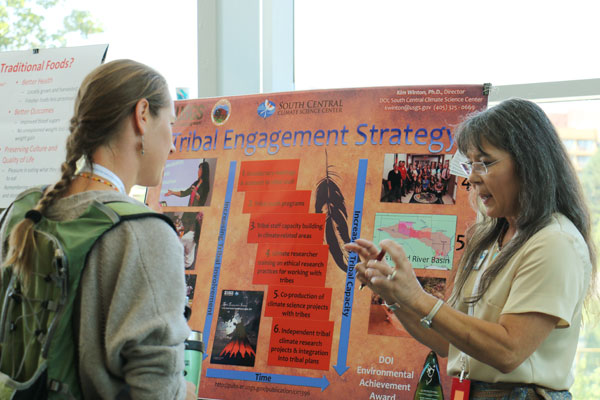
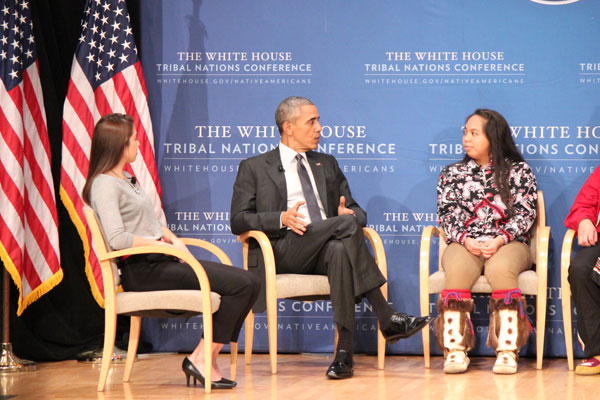
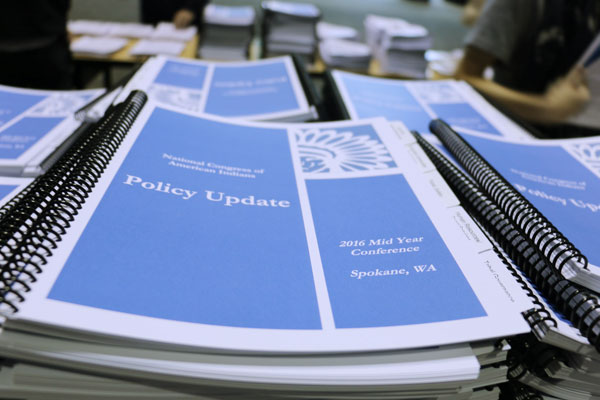
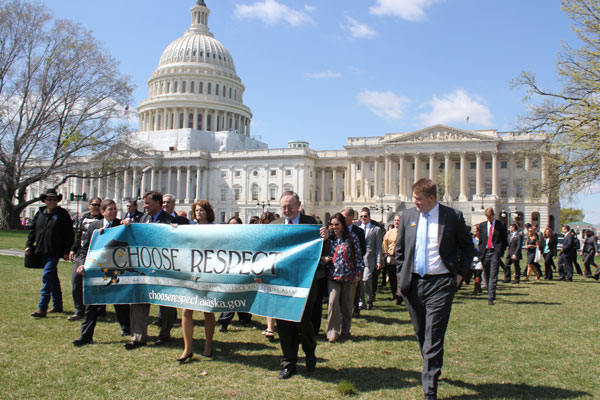
Additional Resources and More Information
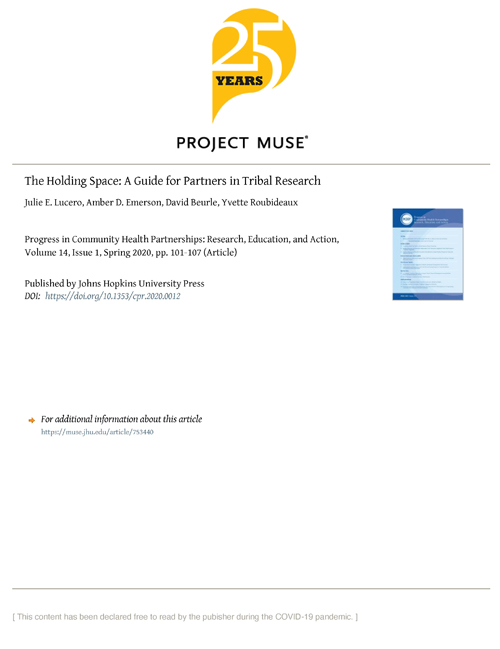
Project Videos
Use and rights of NCAI Photos: The photos published are available for use by media, educational institutions, and tribal governments for use under a Creative Commons License.







